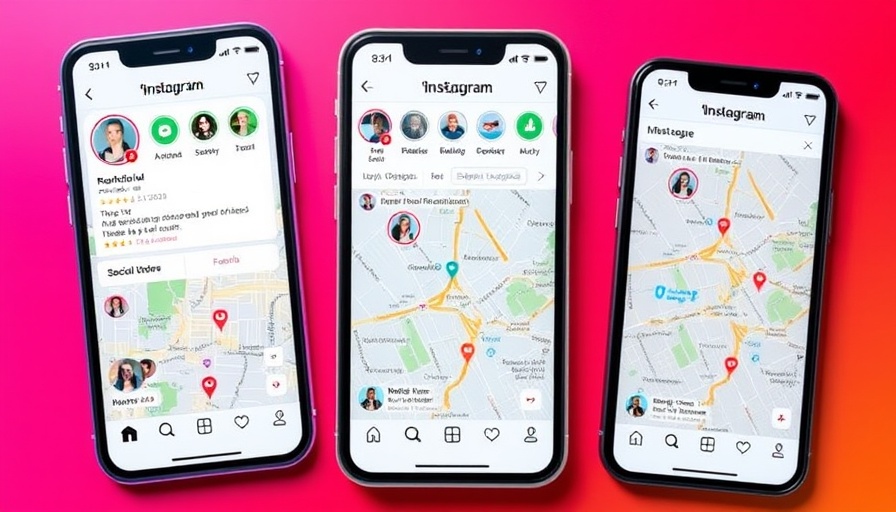
Taking a Stand Against Age Verification in Mississippi
Bluesky, the innovative social networking platform, recently decided to block its services in Mississippi due to the state’s new age assurance law. Rather than comply with the robust requirements of HB 1126, which mandates age verification for all users, Bluesky has chosen to withdraw access entirely. This move comes after the U.S. Supreme Court declined an emergency appeal to halt the law's implementation.
The law, which intends to bolster child safety online, goes further by requiring every user, regardless of age, to undergo age verification before accessing platforms such as Bluesky. This expansive requirement poses significant challenges, especially for smaller companies that lack the resources of larger tech giants. Bluesky’s response emphasizes the need for balanced legal frameworks that do not stifle emerging technologies or limit user freedoms, particularly in an era where digital platforms are tables of social interaction.
Understanding the Implications of Age Assurance Laws
Mississippi’s law represents a growing trend aimed at regulating online spaces, which aligns with global movements toward enhanced child safety. However, it raises important questions about data privacy and the implications for user rights. Protecting young users online is undoubtedly crucial, yet the collection and storing of sensitive personal data, including potential penalties fines for noncompliance, may lead to more significant issues such as data breaches or misuse of information.
This law stands apart from other international regulations, such as the U.K.'s Online Safety Act, which limits age verification to specific content. The requirement for universal compliance could lead to overwhelming operational costs for platforms like Bluesky, ultimately entrenching the status of larger firms while squeezing out smaller competitors who struggle to meet complex legal frameworks.
The Impact on Small Tech Companies and Innovation
The restrictions imposed by such laws might inadvertently stifle innovation within the tech sector. As the digital landscape rapidly evolves, the emergence of next-gen technology and disruptive innovations often stems from smaller startups that take risks. Laws like HB 1126, according to Bluesky, may create significant barriers that hinder the exploration and development of cutting-edge technologies.
This dynamic could have long-term ramifications for the future of technology, potentially leading to a stagnation of ideas and innovations when new players are pushed out from the market. Instead of focusing on enhancing their products and services, smaller firms are compelled to invest resources in compliance rather than in the development of advanced technologies—this could redefine the competitive landscape in tech.
Bluesky's Decision: A Call for Change?
Bluesky's decision to block its service in Mississippi has implications that go beyond mere compliance issues. It symbolizes the broader struggle that emerging technologies face when confronted with legislative frameworks that may not fully consider the unique challenges of new digital platforms. The tech industry must advocate for laws that balance user protection with the need for innovation, ensuring that the playing field remains fair and open.
Next Steps for Users and Innovators
If you're a tech enthusiast or a user of social media platforms, it's important to remain informed about how legislative changes could affect your online experience. Likewise, staying engaged with discussions on data privacy and user rights is essential. Advocating for sensible laws that support both safety and innovation is crucial. As we look to the future, ensuring that newer companies can thrive alongside established tech giants will foster a diverse and vibrant technological landscape.
 Add Row
Add Row  Add
Add 




Write A Comment